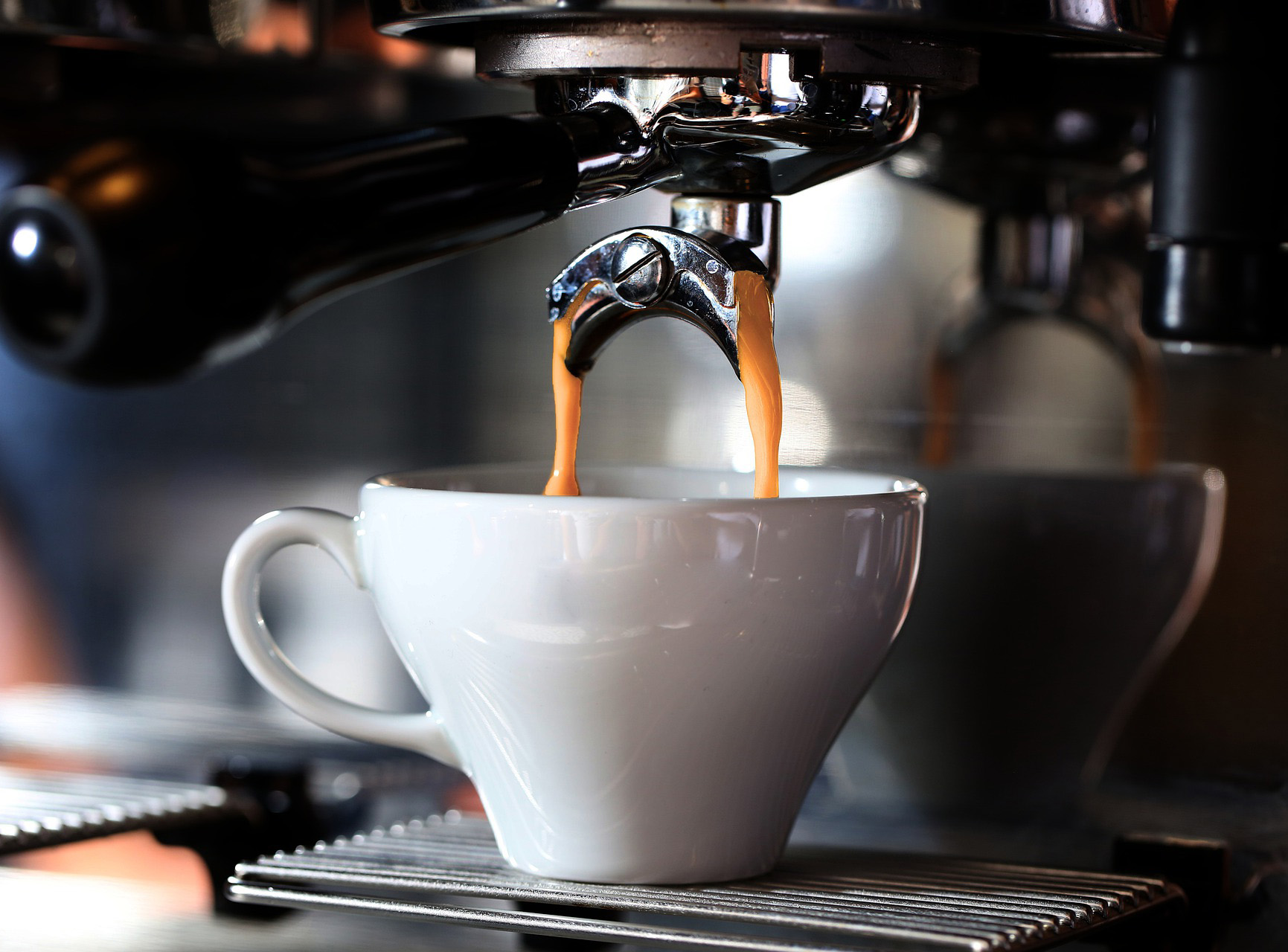 New findings from Norway, the country with the second-highest coffee consumption in the world, suggest that it’s not just how many sugars people need to worry about, but what effect their favourite brew is having on cholesterol – based on their gender.
New findings from Norway, the country with the second-highest coffee consumption in the world, suggest that it’s not just how many sugars people need to worry about, but what effect their favourite brew is having on cholesterol – based on their gender.
According to the results of a longitudinal study spanning nearly 50 years, the association between coffee and serum total cholesterol varied depending on brewing method, with significant differences between the sexes for all types of coffee, except those made with a plunger.
The research, published on the 10th of May in Open Heart, found that drinking espresso was associated with the widest gender difference in cholesterol level, while plunger (cafetière) coffee was associated with the narrowest.
There were no obvious explanations for the gender discrepancy.
Lead author Professor Maja-Lisa Løchen, from the Department of Community Medicine at The Arctic University of Norway, said that coffee is the most frequently consumed central stimulant worldwide and because of this, even small health effects can have considerable health consequences.
“Naturally occurring chemicals in coffee (diterpenes, cafestol, and kahweol) raise levels of cholesterol in the blood, and different types of coffee – made from machines, capsules, or mocha pots – are also likely to contain different levels of these chemicals,” Professor Lochen said.
“Interestingly, coffee contains more than a thousand diverse phytochemicals, and the intake of each compound also depends on the variety of coffee species, roasting degree, type of brewing method and serving size.
“Brewing method is influential, but it [was] not clear what impact espresso coffee might have, and in what quantities.”
The researchers therefore wanted to compare espresso coffee with other brewing methods among adults aged 40 and older.
They drew on data from 21,083 participants (11074 women and 10009 men) responding to the seventh survey of the Tromsø Study in 2015-16, a long-term population study which began in 1974, involving residents of the Norwegian city of Tromsø.
Participants were asked how many daily cups of coffee they drank—none, 1–2 cups; 3–5; and 6 or more—and what brew type they drank—filtered; plunger (cafetière); espresso from coffee machines, pods, mocha pots, etc; and instant.
Women drank an average of just under four cups of coffee every day while men drank an average of nearly five.
Blood samples were taken, and height and weight measured. Information was also sought on potentially influential diet and lifestyle factors, including smoking, alcohol intake and physical activity, educational attainment, and whether type 2 diabetes had been diagnosed.
Drinking 3–5 daily cups of espresso was significantly associated with increased cholesterol, and compared with those who drank none, this much espresso was associated with 0.09 mmol/l higher serum cholesterol among the women vs 0.16 mmol/l higher among the men.
A daily tally of 6 or more cups of plunger coffee was also associated with raised cholesterol, and to a similar degree in both sexes: 0.30 mmol/l higher among the women vs 0.23 mmol/l higher among the men.
Getting through 6 or more cups of filtered coffee every day was associated with 0.11 mmol/l higher cholesterol among the women, but not among the men, while instant coffee was associated with an increase in cholesterol in both sexes – though this didn’t rise in tandem with the number of cups drunk.

